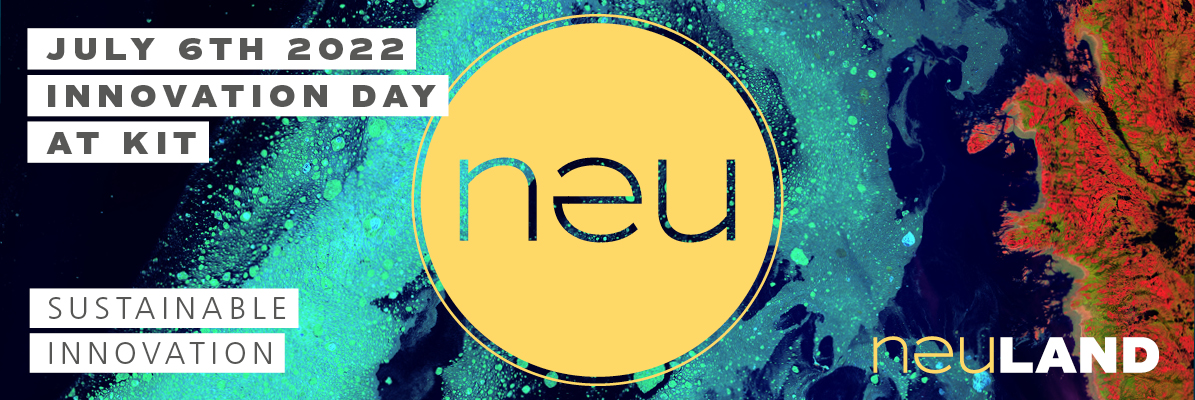


The Innovation Day as a meeting platform for all those interested in the topics of technology transfer and business start-ups at KIT is a firmly established event in the KIT calendar.
This year, the event on July 06, 2022, was themed "Sustainable Innovation". The digital as well as present program, streamed live from the Audimax of KIT, was extensive and thematically colorful. In addition to exciting expert presentations, this year's highlights included the founder pitch followed by a subsequent award ceremony, a laudation on the occasion of the tenth anniversary of the NEULAND Innovation Contest followed by it's award ceremony, and two interesting keynotes from the industry: Dr. Detlef Kratz, President Group Research at BASF SE, spoke about the company's climate protection goals and innovation pipeline. Gregor Pillen, Chairman of the Management Board of IBM Deutschland GmbH, provided insight into the potential of quantum computing in everyday life.
You can find a detailed summary of this year's Innovation Day in our follow-up report as well as our highlight video. We have compiled impressions of the day for you in our picture gallery.
If you have any questions about the NEULAND Innovation Day, you can reach us by phone or e-mail.
Phone +49 721 608-22612
E-Mail: neuland@kit.edu
Around 800 digital and present visitors took part in the hybrid NEULAND Innovation Day on July 06, 2022. The Innovation Day as a fixed event of the Karlsruhe Institute of Technology (KIT) focuses on discovering the latest technologies and spin-offs as well as making new contacts.
After last year's digital Innovation Day, this year's event also touches new ground. In a hybrid version for the first time, the program was available live on site and digitally. Around 800 people with interest followed this year’s event. The Innovation Day 2022 was themed "Sustainable Innovation" and the hybrid program points that were streamed live from the Audimax of KIT offered an extensive and colorful mix of topics.
In the morning, the event started with 16 exciting presentations from KIT, the start-up environment, and industry. Whether innovation systems, new work models, news from hydrogen research, an e-bike fast charging system, or sustainability approaches in industry – the variety of topics was broad and there was a speech to listen for everyone. You missed a presentation or would like to watch it again? No problem. We have uploaded all approved presentations here.
After the lunch break, Dr. Detlef Kratz, President Group Research at BASF SE, gave the first keynote of the day on the topic of "Sustainability drives Innovation, Innovation drives Sustainability". In his presentation, he addressed the meaningful interaction between sustainability and innovation: "We simply cannot do without sustainable innovation. Every innovation actually has to be sustainable; otherwise, it does not belong at BASF. Pure academic research does not get us anywhere. Of course, we then like to bring in the knowledge of universities like KIT, and that's where collaboration is essential." In addition to the importance of cooperation between university institutions and industry, he also spoke about the climate protection goals and BASF SE's innovation pipeline.
Following the keynote, there was reason to celebrate: the award ceremony for the Innovation Contest was about to follow in. On the occasion of the 10th anniversary, Andrea Frank, Deputy Secretary General of the Stifterverband, gave an introductory speech in which she also addressed the significance of the competition. "For me, such a format is important because it gives visibility to people in universities and research institutions who have new ideas and who turn these ideas into technological and social innovation. It has a radiance internally and externally, it shows that the university cares about transfer and innovation and cooperation with external partners."
The award winners also confirmed this importance. The prize for the Idea Award winner FastCast Ceramics (David Menne, Wolf Wedel, Dr. Moritz Weiß, Johannes Käppeler and Prof. Dr. Norbert Willenbacher, all from the Institute of Mechanical Process Engineering and Mechanics) is not only a confirmation of the work they have done so far, but also motivates the team to continue working on the idea and realize their vision. In the category Transfer Award, Katrin Dyhr and Prof. Dr. Norbert Willenbacher (both from the Institute of Mechanical Process Engineering and Mechanics), were able to convince the jury and secure first place. With their project "Electrically conductive adhesives for printed electronics and solar cell interconnection“, they address an important topic of the future together with the French company Protavic International. For the industrial partner, it is the first cooperation with a foreign university and the award is a milestone in the collaboration.
In addition to the awards in the both mentinoed categories, a special prize has been awarded for the 10th anniversary. This special award honors a project that has been successfully further developed over the past 9 years. The winners are Prof. Dr. Jürgen J. Brandner (Institute of Microstructure Technology) and Manfred Kraut (Institute of Microprocess Technology). Together with the industrial partner Cargill Holding (Germany) GmbH, they are currently implementing the project "Reduction of Pharmaceuticals in Animal Breeding" on an industrial level.
For more information on the award winners, visit our website and watch the animation videos.
After a short break, the afternoon continued with the founder pitch of the KIT-Gründerschmiede. The teams Aimino Tech GmbH, Bytefabrik.AI GmbH, enabl Technologies UG, FastCast Ceramics, Phytonics GmbH and RevoAI GmbH had four minutes to present their ideas to the expert jury and convince them. After the time had expired, each team had one more round of questions from the jury to do the last bit of convincing for the first place. In the end, the team Phytonics came out on top and won twice: both the jury and the audience voted the team the winner.
The founder pitch was followed by the last program point of the day: the second keynote on the topic of "Open Innovation – Quantum Computers Need an Open Environment". The chairman of the management board of IBM Deutschland GmbH, Gregor Pillen, spoke about the importance of an open environment to make quantum computers suitable for everyday use. "A quantum computer will only become a successful model when it is embedded in a broad ecosystem, is driven by trained experts and becomes usable for all thanks to open standards." Moderated by Katrin-Cécile Ziegler, the lecture led into a concluding discussion with Prof. Dr. Thomas Hirth from KIT. Afterwards, all physical participants looked back on a successful event with best weather and good conversations at the Audimax of KIT.
In 2023, the Innovation Day will take a break, as the KIT will then invite you to the Science Week. However, we would be very pleased if you discover NEULAND with us again in 2024. It is best to register today for the invitation list to the Innovation Day so that we can inform you in advance. We are already looking forward to the next Innovation Day and hope to welcome you again in full presence at KIT.
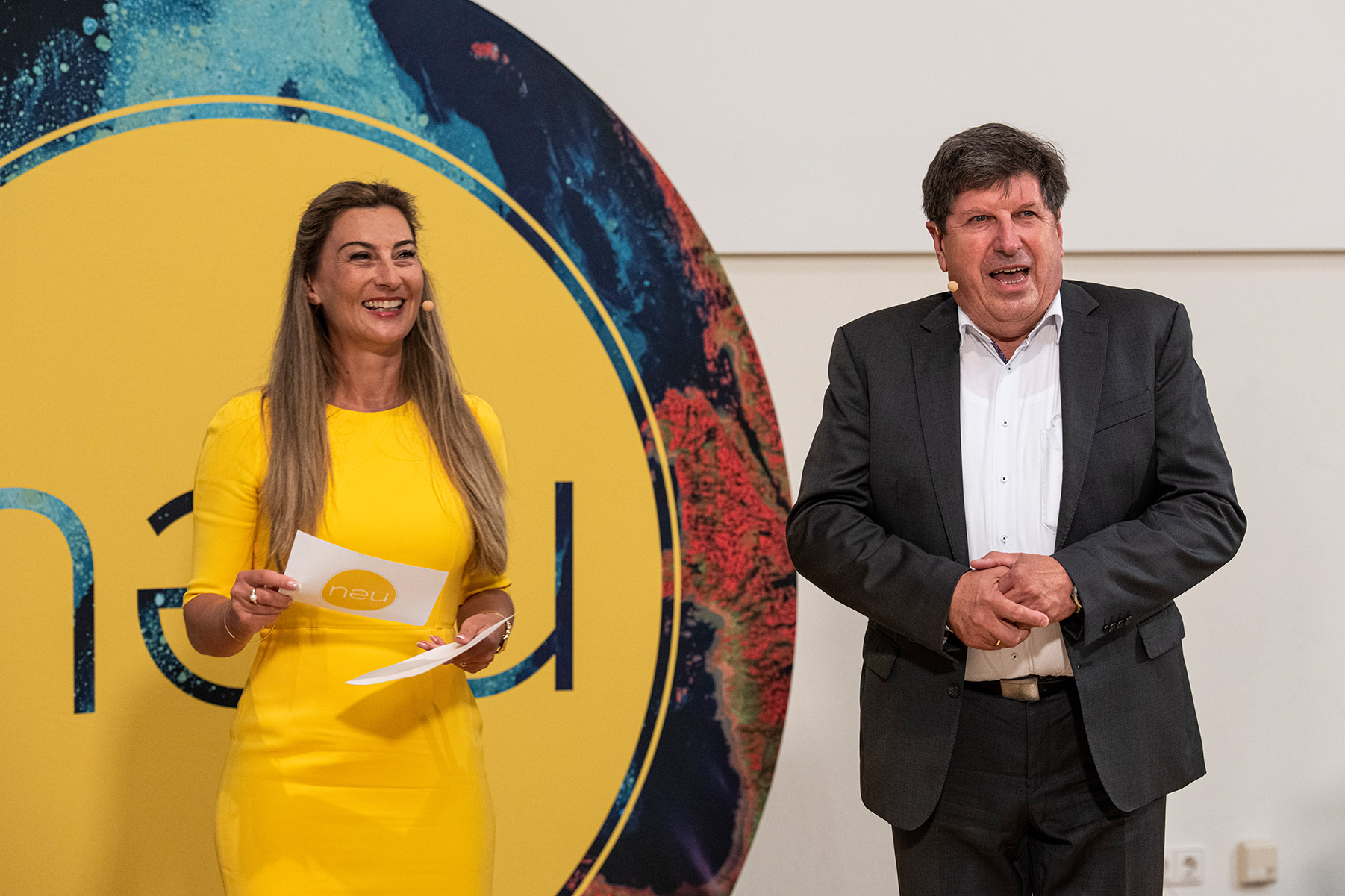

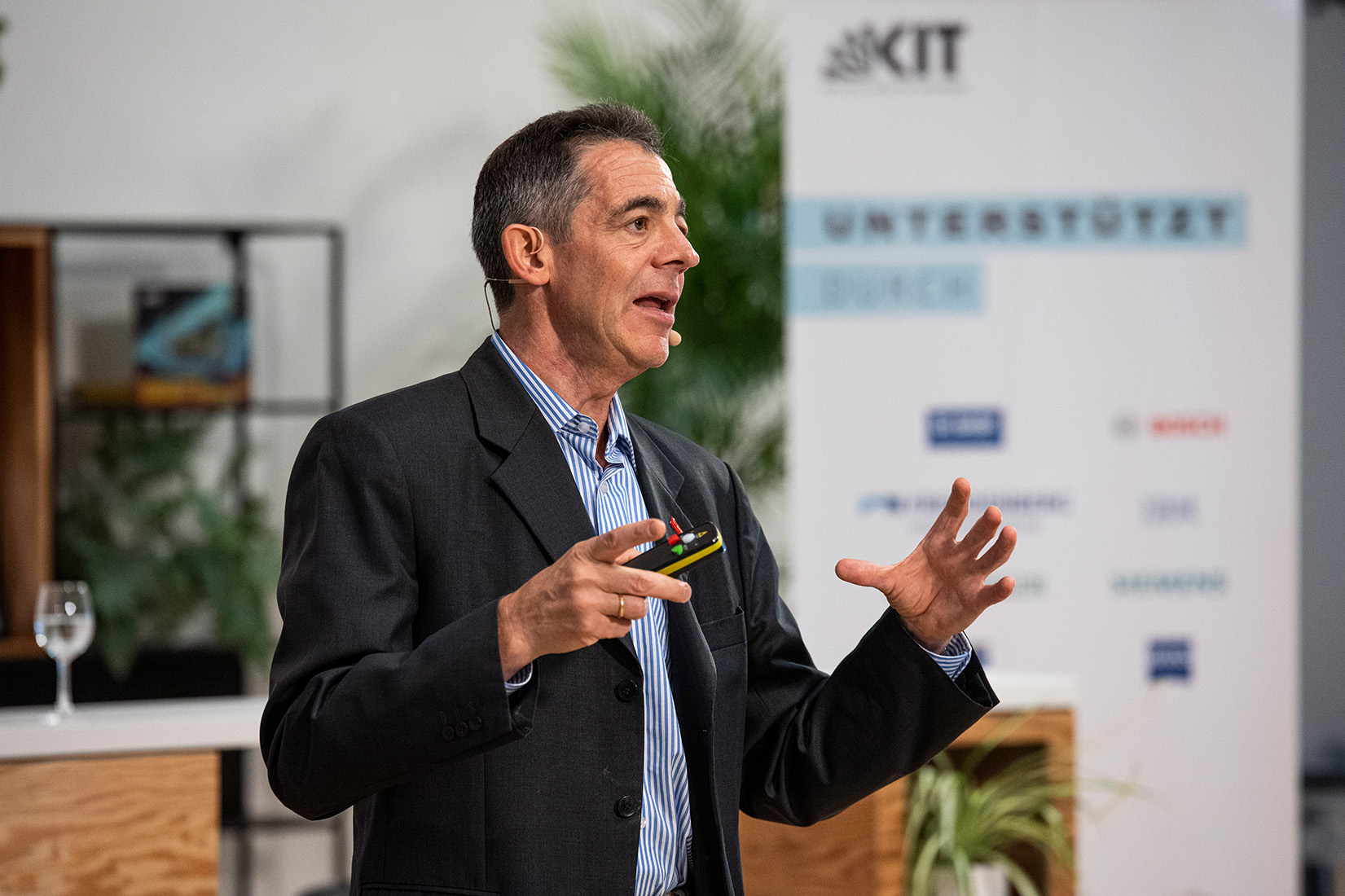
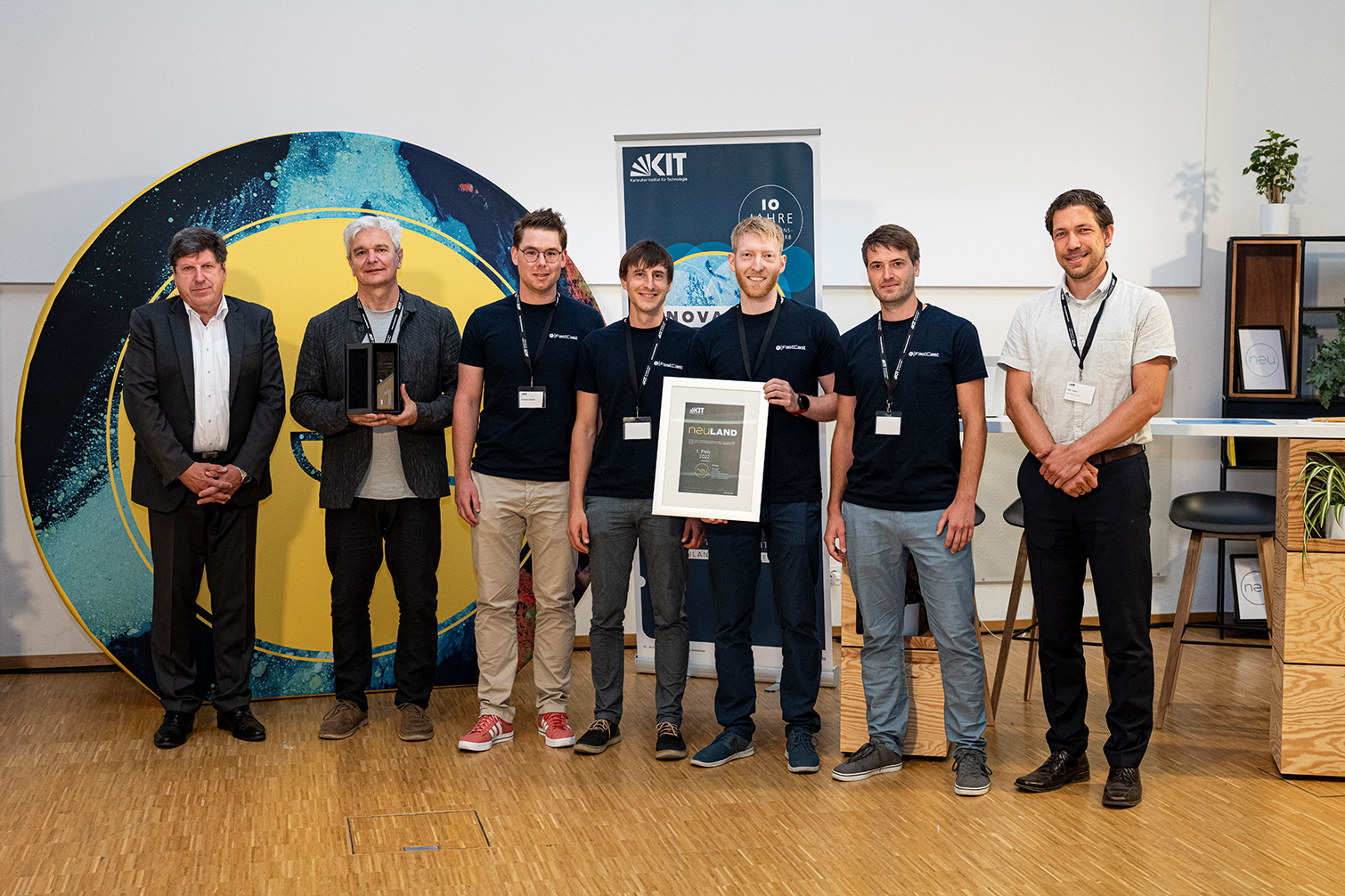
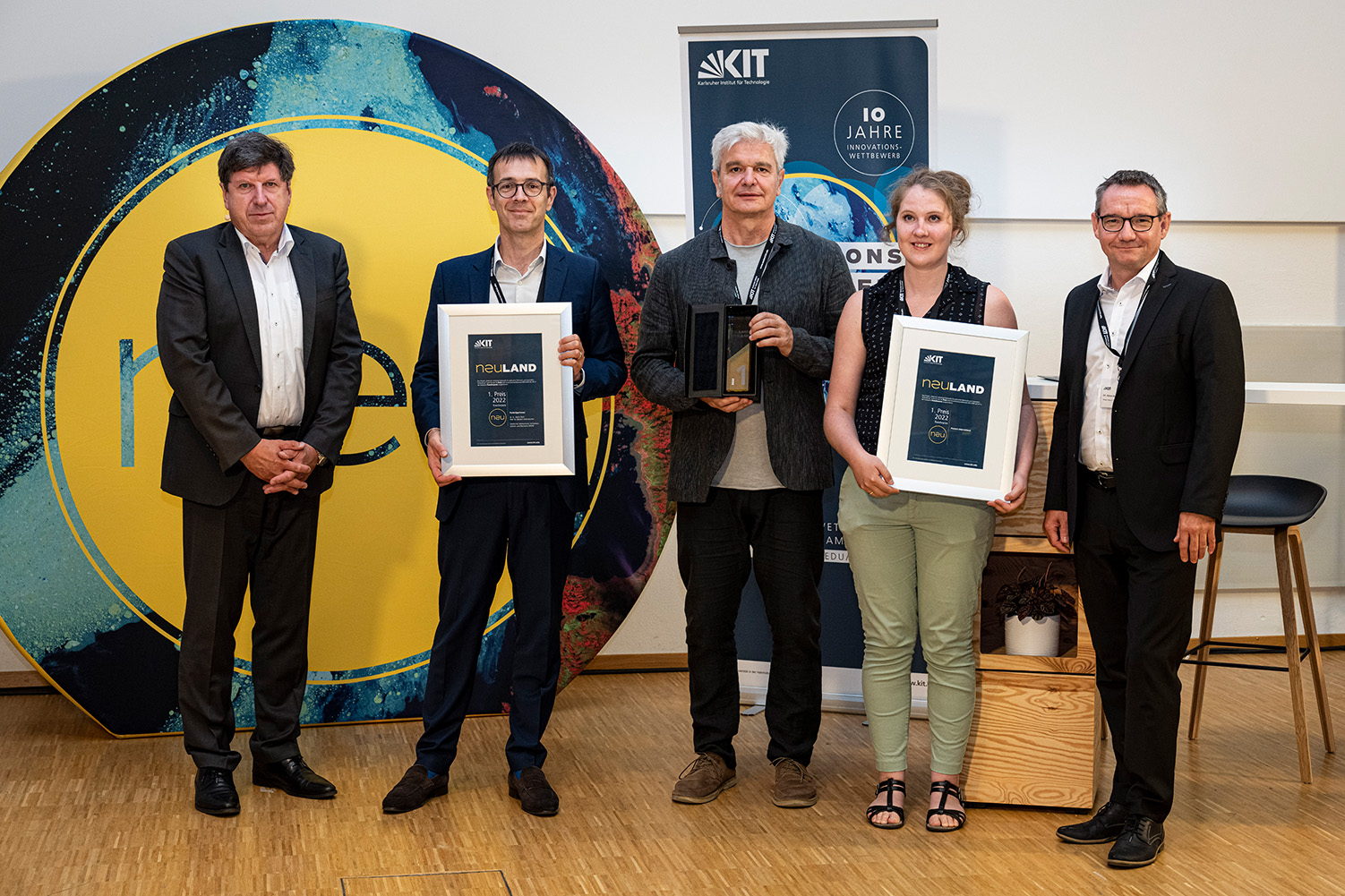
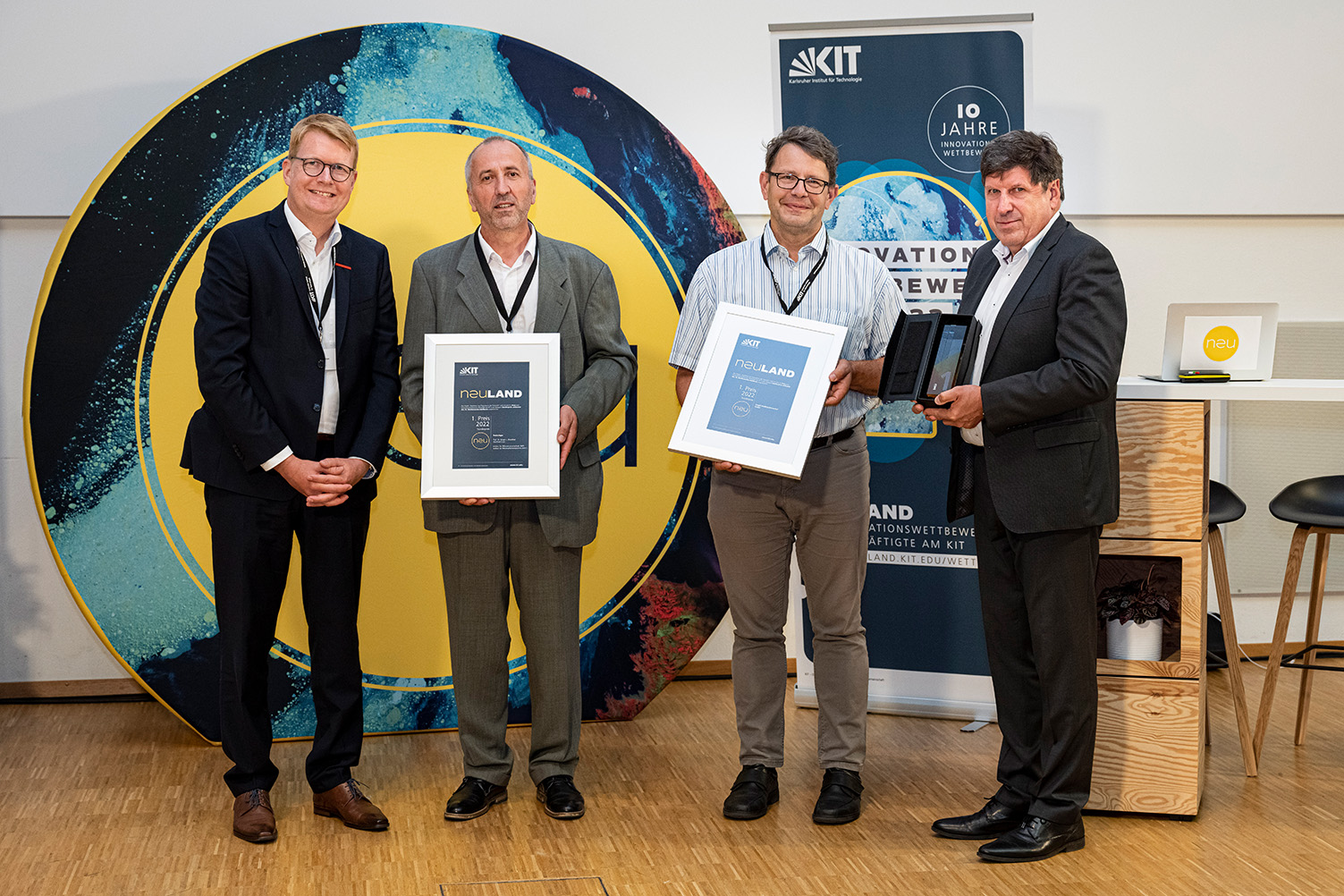
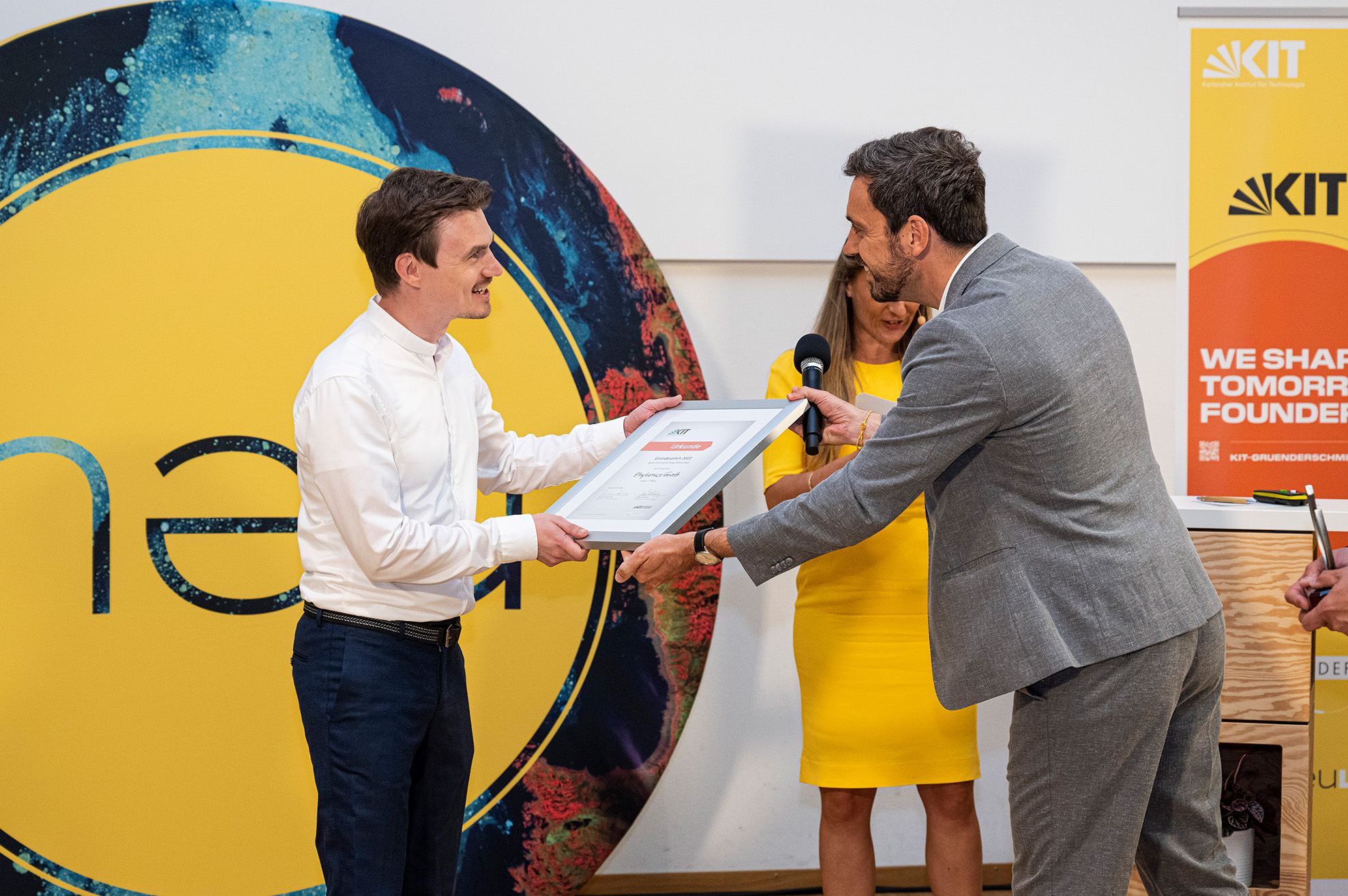
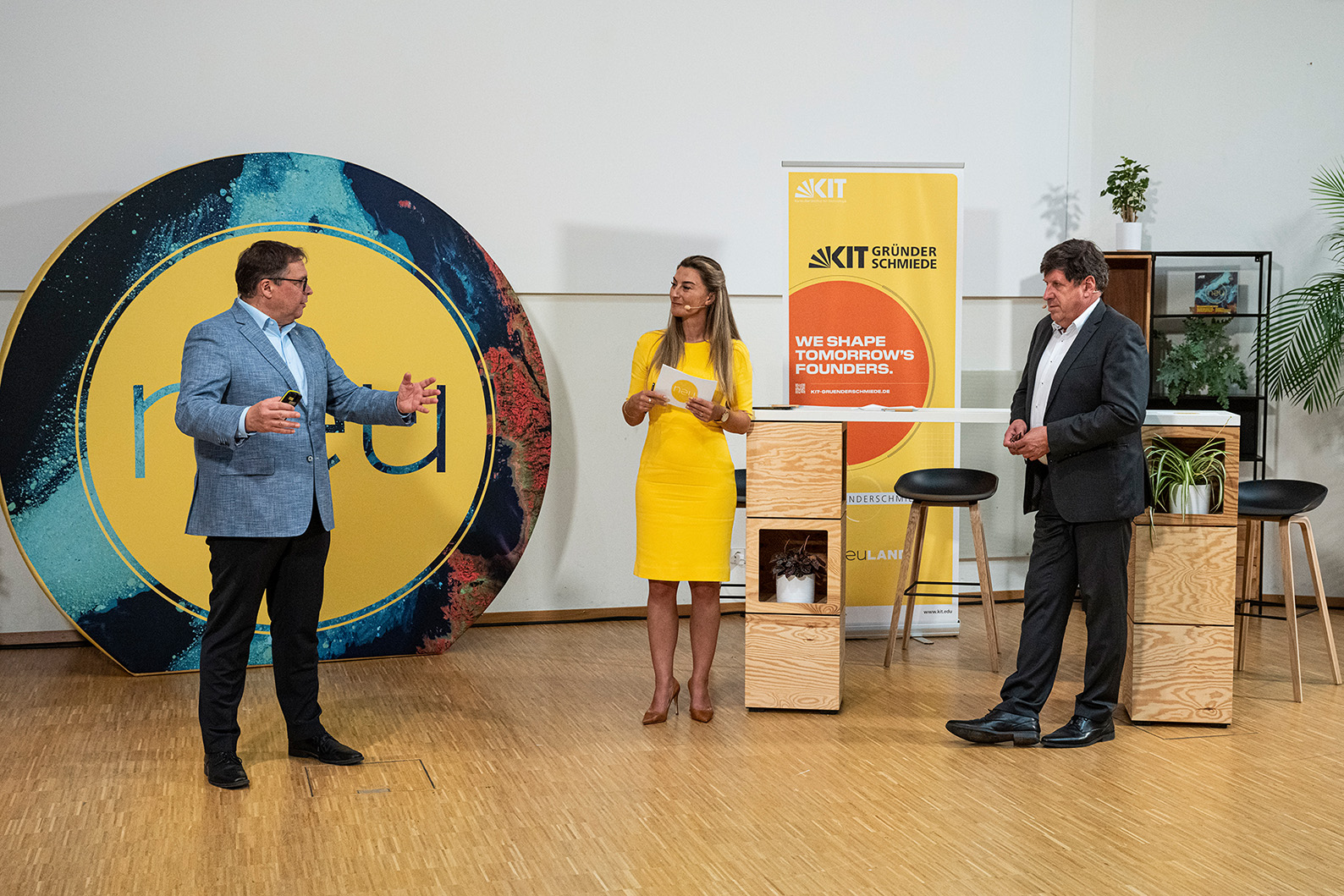
We would like to thank the event sponsors BASF SE, Robert Bosch GmbH, Freudenberg SE, IBM Deutschland GmbH, Schaeffler Technologies AG & Co. KG, Siemens AG, TRUMPF SE + Co. KG, Carl Zeiss AG, startup bw and the Ministry of Economics, Labor and Tourism Baden-Württemberg for their support. Furthermore, many thanks go to the sponsors of the founder pitch SET Management B.V., Geschwister Oetker Beteiligungen KG, Stadt Rastatt and High-Tech Gründerfonds as well as the sponsors of the NEULAND Innovation Contest Robert Bosch GmbH, KIT Innovation gGmbH, ABB AG and Baden-Württembergische Bank.

In the following we provide you with all released presentations of our speakers of the Innovation Day 2022. The order is based on the time schedule of the Innovation Day program. The collection is not yet complete and will be completed in the course of the next few days.
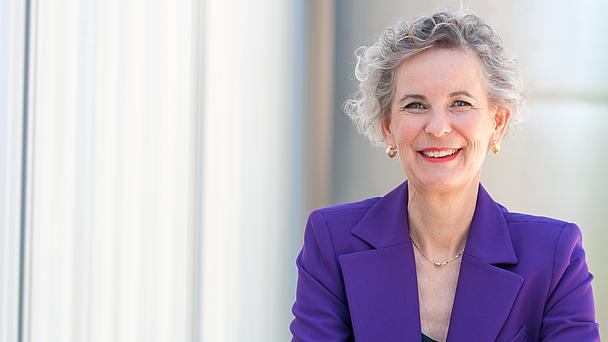
Prof. Dr. Marion A. Weissenberger-Eibl (Chair of Innovation and Technology Management, KIT)
The 'Grand Challenges' are changing the economy, science and society. If we want to meet these proactively and help shape the future, we must prepare ourselves and act together. The opportunities and potentials of innovations must be used to drive sustainable development and thus shape a society fit for the future. We should tackle such overarching goals in close cooperation between business, science, politics and civil society.
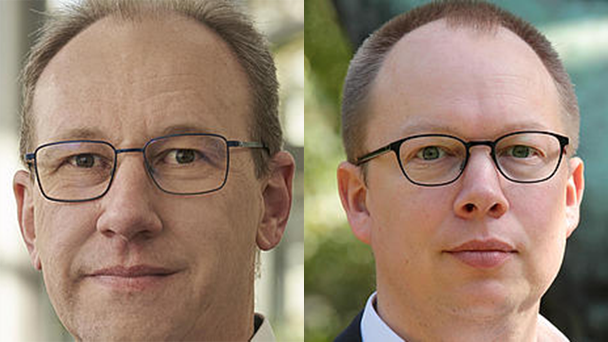
Dr. Niels Feldmann (Head of the KIT Intrapreneurship Program Founder and Program Manager Service Design Thinking/SUGAR at KIT) and Prof. Dr.-Ing. Sören Hohmann (Karlsruhe Service Research Institute, KIT)
In this talk, two practice cooperation and teaching formats at KIT will be presented, in which student teams face innovation challenges over a period of nine months and creatively apply their acquired knowledge. In doing so, they reconcile problem solving, user orientation, feasibility, and economic efficiency. In both formats, students, researchers and companies work together. This results in startup ideas or novel offerings for companies.
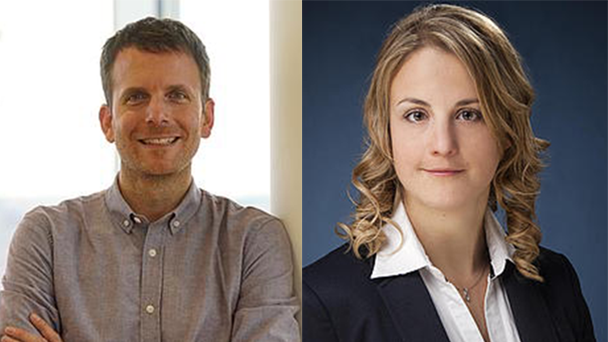
Dr. Jan-Martin Kaiser (Senior Manager Research Polymers, Robert Bosch GmbH) and Cosima Thomas (Director Research Metals and Polymers, Robert Bosch GmbH)
The topic of sustainability is one of the major drivers of innovation. Consequently, it also plays an important role in the innovation landscape of research and advance engineering at Robert Bosch GmbH. The presentation highlights the topic of sustainable engineering with the goal of sustainable product development.
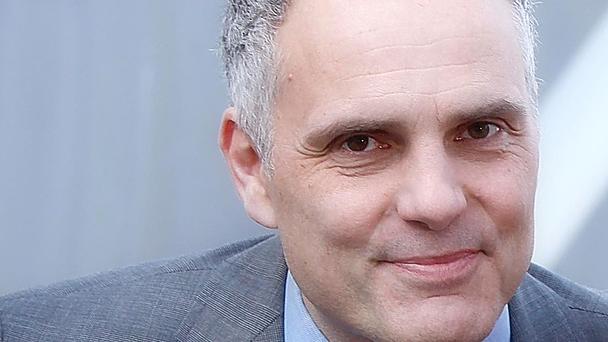
Prof. Dr.-Ing. Thomas Jordan (Institute for Thermal Energy Technology and Safety, KIT)
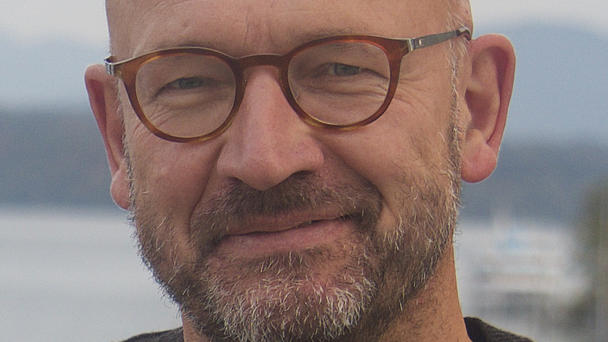
Prof. Dr.-Ing. habil. Roland Dittmeyer (Institute for Micro Process Engineering, KIT)

Linda Theurer (PEC Consulting)
Boss on top, employees on the bottom - that hasn't worked for a long time. Who knows this better than startups? And yet many of them run the risk of moving into precisely these structures as they grow or integrate into the group. That's why it's important to get to know the different organizational forms in order to be able to consciously decide which one fits. Only those who regularly turn the familiar on its head and begin to think in terms of roles instead of jobs, circles instead of lines, peaches instead of pyramids, servant leaders instead of managers, co-entrepreneurs instead of resources, intrinsic instead of extrinsic .... have really understood New Work.
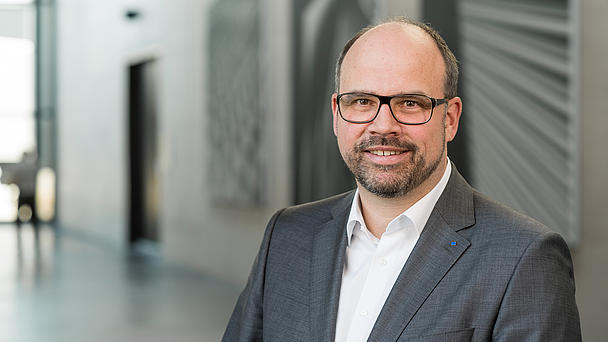
Dr. Thomas Schneider (Managing Director Research & Development, TRUMPF Werkzeugmaschinen SE + Co. KG)
TRUMPF's flexible sheet metal production addresses the rapid development in the market and offers technical solutions for this. In order to be able to serve these smart factories of the future at sufficient speed with high-quality designs, software and hardware solutions in the field of sheet metal, the cooperation with the Karlsruhe Institute of Technology was established: The Learning and Application Center (LAZ) and the Design Campus at KIT.
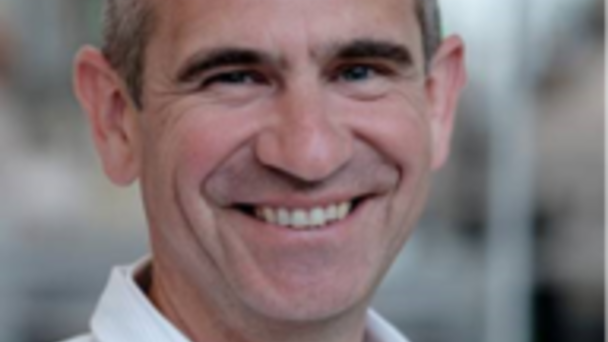
Manfred Kirchberger (Head of Global Manufacturing & Plant Manager Karlsruhe, Siemens)
Machines, tools & processes could be copied but the craftsmen who designed this is the key for success. The collabortion with universities, the right culture and working enviroment are essentiell. Examples shows the connection between innovation, production system and sustainablility.
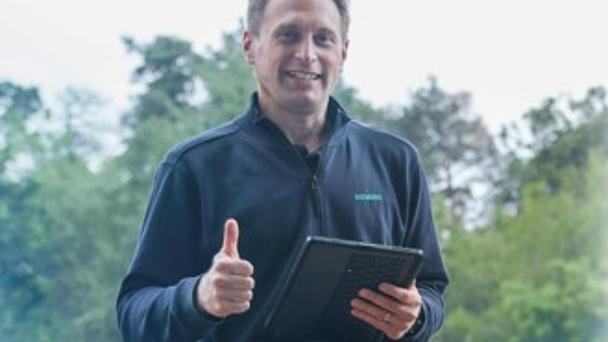
Marcus Göhl (Plant Manager Haguenau, Siemens)
Easier and cheaper automation offer new possibilities also to a make-to-order producer of sensor for the process industry with a high variance low volume portfolio, which previously were only available to high series production. Two examples one a big data analysis and a robotization will illustrate the win-win-situation – reducing cost and being more sustainable.

Prof. Dr.-Ing. Dieter Stapf (Head of the Institute for Technical Chemistry, Chair of High Temperature Process Engineering, Karlsruhe Institute of Technology (KIT)) and Dr.-Ing. Marco Tomasi Morgano (Chief Technology Officer ARCUS Greencycling Technologies GmbH)
A pyrolysis process for the chemical recycling of mixed plastic waste has been developed at KIT. ARCUS Greencycling Technologies GmbH relies on the process and is building a first demonstration plant in Industriepark Höchst near Frankfurt to supply the chemical industry with sustainable waste-based raw materials in the future. We report on the research and development activities to solve the challenges of chemical recycling, a flexible screw pyrolysis technology to scale-up to demonstration scale, and the construction of the first industrial plant based on this technology to close the value chain from waste to high-value chemical product in an efficient and ecologically beneficial way.
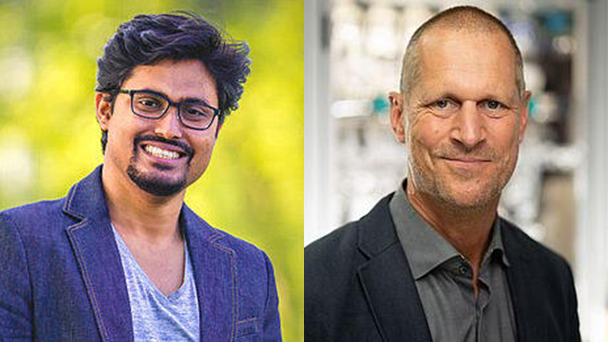
Dr. Sandip De (Quantum Chemistry, BASF SE Ludwighafen) and Prof. Dr. Stephan Andreas Schunk ((Executive Expert – Vice President, hte GmbH)
In the age of Big Data and artificial intelligence, the potential for predicting the behavior of complex chemical systems and the ability to work experimentally with fully automated and integrated devices are much more attractive than traditional workflows. The main challenges are closing the information loop and choosing the right approaches in terms of the machine learning algorithms used. The talk will discuss the requirements that such digital approaches bring to engineering catalysis and the implications for the way we conduct experiments, collect data, and work with insights gained using AI.
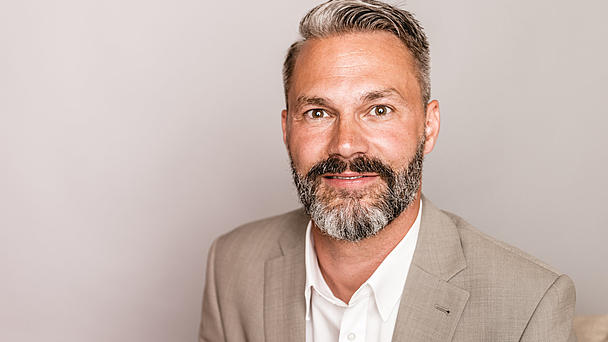
David Faller (Vice President Development & Managing Director IBM Germany Lab)
Quantum computers from IBM are now accessible to a wide range of scientists and interested parties. Since 2021, a powerful quantum computer has also been available on site in Ehningen for the first time to meet the growing demand for this technology in Germany. Worldwide, several hundred thousand users from a wide range of disciplines or industries take advantage of such offerings. The open source environment Qiskit is one of the most powerful and popular among developers. The presentation will give an overview of the current state of the art and the expected next steps.
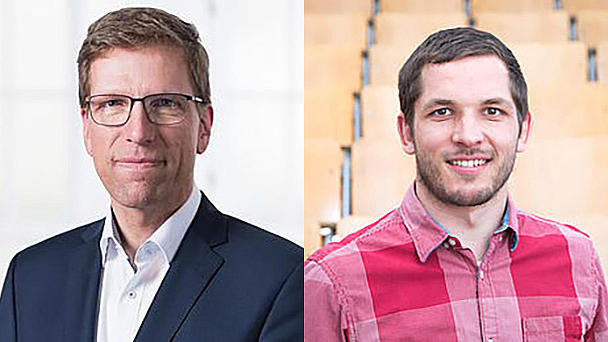
Prof. Dr.-Ing. Martin Doppelbauer (Institute of Electrical Engineering, KIT) and Michael Schmitt (Institute of Electrical Engineering, KIT)
Electric bicycles, so-called pedelecs, have been experiencing unbridled growth for years. It is important to be able to simulate, test, and thus optimize the drive technology. The KIT operates two test benches for characterizing the entire bicycle and the drive train, i.e., motor, power electronics, chain, and gears. In addition to static parameters, dynamic properties such as the reaction to load changes and the switch-off behavior above 25 km/h are measured. With a digital twin, it is possible to recreate the driving behavior of a human in a realistic manner and thus predict the performance of a bicycle even before the existence of a physical prototype.
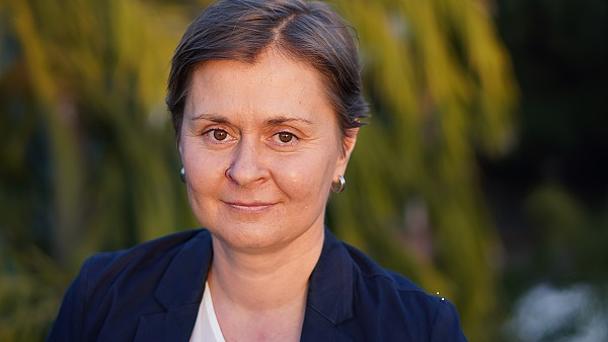
Dr. Katja Lasch (Director- German Centre for Research and Innovation (DWIH) New Delhi and DAAD Regional Office New Delhi)
An early international orientation during your own start-up can help you to become and remain successful in the long term. What opportunities are there for new international networks and partners? What offers are there for founders who want to orient themselves internationally? In the session, we will first take an exemplary look at one of the most dynamic start-up hubs worldwide: India. Furthermore, we will inform about the offers of the German Houses of Science and Innovation (DWIH) for founders from Germany who would like to become active in the innovation hubs in India, Brazil, USA and Japan.
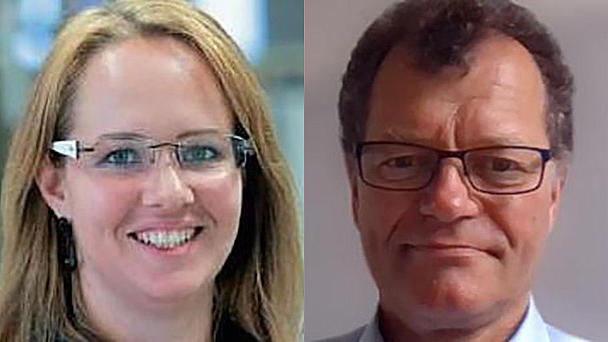
Dr. Alexandra Heislitz (Head of Innovation Networks, Freudenberg Technology Innovation) and Prof. Dr.-Ing. Eberhard Bock (Vice President Technology & Innovation, Freudenberg Sealing Technologies)
The European Union has set itself the goal of becoming the first climate-neutral continent by 2050. We support the challenge of largely decarbonizing industry and society in the coming decades through our strategy and innovations. The five topics of materials, waste, energy, emissions and water are of greatest relevance to the Freudenberg Group. In this presentation, we show how Freudenberg Technology Innovation and Freudenberg Sealing Technologies implement sustainability in an exemplary manner for the Freudenberg Group - from materials and production to the product in the application.
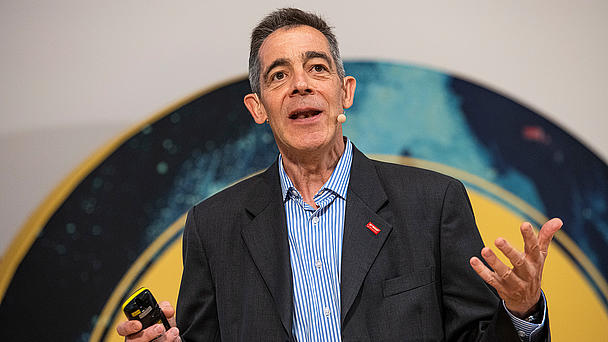
Dr. Detlef Kratz (President Group Research, BASF SE)
Climate change is the greatest challenge of the 21st century. In many areas, products and innovations based on chemistry are the key to a climate-neutral future. At the same time, the production of basic chemicals is often energy and CO2 -intensive. BASF SE is working intensively to significantly reduce the carbon footprint of its production and thus its products. In the presentation, Dr. Detlef Kratz will talk about, among other things, the work on virtually carbon-free production processes or climate protection targets as well as BASF SE's innovation pipeline. The focus is on fundamental innovations for products, processes and business models. Innovation is and will be the decisive factor for a successful transformation.
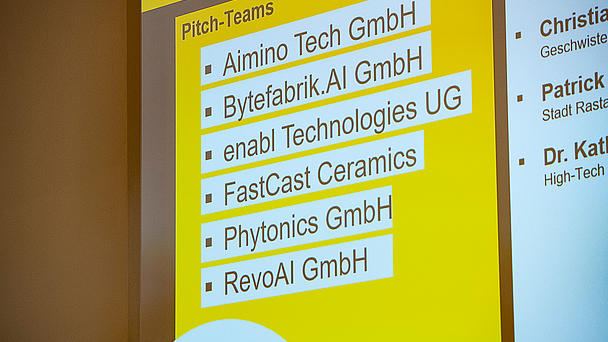
with the teams Aimino / Bytefabrik / Enable / FastCast Ceramics / Revo.ai / Phytonics Start of the online voting
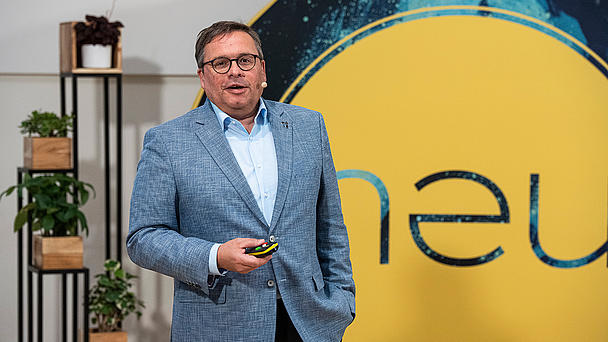
Gregor Pillen (Chairman of the Management Board IBM Deutschland GmbH, General Manager Germany, Austria, Switzerland)
A quantum computer only becomes a model for success when it is embedded in a broad ecosystem, controlled by trained experts and can be used by everyone thanks to open standards. This standard is the Qiskit Runtime software, which increases the processing speed of quantum circuits by 120 times. Qiskit was created by IBM as an open-source quantum computing framework for a global developer community. The CEO of IBM Germany, Gregor Pillen, explains how IBM is using this "open innovation" to bring quantum computing one step closer to an everyday use.